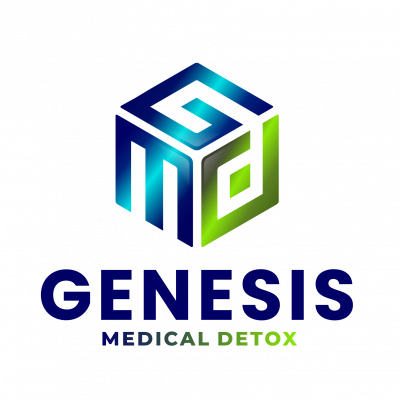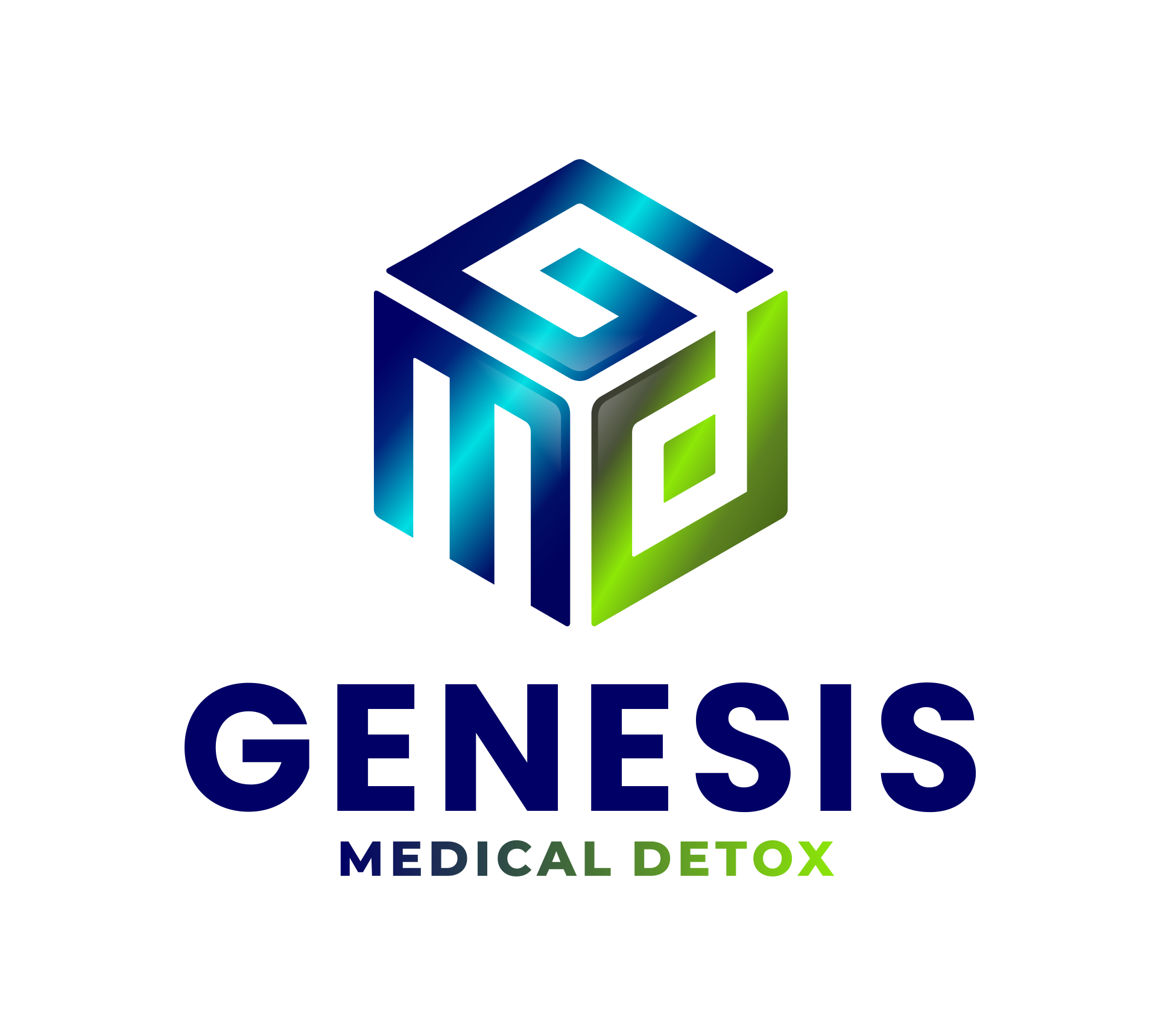Making the decision to get help for alcohol addiction is a huge step. Perhaps one of the most daunting parts of the recovery journey can be choosing the right alcohol detox facility. With so many options, programs, and treatment modalities available today, selecting a detox that meets your needs may feel overwhelming. However, understanding the key things to look for can set you on the path toward a safe and comfortable detox, as well as longer-term recovery success.
Consider Medical Supervision and Support
Alcohol withdrawal can cause symptoms that are extremely dangerous and, in some cases, life-threatening. For this reason, it is imperative to ensure your safety by using an alcohol detox facility to assist you at the start of your journey toward sobriety.
Working with an onsite medical team provides an added layer of safety, monitoring, and personalized care based on your health background and specific needs. This helps lower risks during the detoxification process while managing uncomfortable withdrawal symptoms.
In a medically supervised environment, doctors, nurses, psychiatrists, and addiction specialists design a customized alcohol detox protocol to fit your unique situation. Through close observation and by administering medications as needed, the medical team supports you 24/7 to stabilize, rehydrate, provide nutrition, regulate vitals, and begin addressing any co-occurring disorders. While not everyone requires intensive medical oversight, having this level of support readily available can provide added security and increase your chances of a successful detoxification process.
Review the Detox Program and Protocol
Along with understanding the medical supervision component, you also want to closely review a facility’s overall alcohol detox protocol and program options. For instance, certain centers utilize advanced rapid detox technology to accelerate the alcohol detox timeline. Others integrate holistic or natural methodologies. Evaluate what medication philosophies for withdrawal or pain management align best with your views. This helps determine whether a facility’s offerings match your detox goals.
Also, learn how they customize treatment based on aspects like addiction severity, dual diagnoses, history of trauma or abuse, or other considerations. Highly tailored alcohol detox programs that allow fluid adjustments based on your minute-to-minute needs are ideal. Understanding these protocol nuances helps verify if a facility’s treatment model suits your preferences.
Assess Detox Length Options
Typical alcohol detox timelines range anywhere from 3 to 14 days on average. However, every individual responds uniquely during withdrawal. For this reason, having some flexibility around the alcohol detox length can be advantageous when evaluating programs.
Some facilities only detox programs for 3, 5, or 7 days, while others provide more customizable stays. Seeking out detoxes with flexible durations based on your progress allows staff to assess the next steps, which include determining whether to transition to inpatient rehab or implementing additional medical oversight. It is important that you do not rush the stabilization phase. Make sure to inquire about extending alcohol detox if needed.
Weigh Aftercare and Discharge Processes
Getting quality support extends well beyond just the detox period itself. Comprehensive aftercare and discharge planning play a major role in sustaining sobriety as well. So be sure to understand each facility’s process once you complete alcohol detox. Some things to consider include:
- What resources do they provide to help you transition back home?
- Do they assist with lining up outpatient counseling, recovery coaching, support groups, or community resources?
Thorough aftercare coordination, along with clear take-home instructions for continuing care, helps equip you with tangible tools for the road ahead.
Verify Licensing, Accreditations and Track Record
An important step involves verifying a facility’s overall qualifications and track record. Highly reputable detox centers should have solid licensure from your state health department. They also often elect to pursue voluntary accreditations from organizations like the Joint Commission or CARF International. This demonstrates adherence to strict operational standards and quality care protocols.
Furthermore, take stock of tenure factors — such as how long they have treated alcohol use disorders or what percentage of clinical staff are board-certified in addiction medicine. Centering your detox selection on established, accredited, and specialty-focused providers can give added confidence regarding capabilities.
Evaluate Success Rates
When researching facilities, be sure to investigate reported success rates following treatment. Quality detox centers should track longer-term sobriety outcomes, along with relapse data, for at least 12 months post-discharge. This helps give a transparent view into real client experiences maintaining recovery. It also suggests thorough aftercare preparation for transitioning home. Understanding these key metrics provides helpful insight into anticipated recovery outcomes. Seek data underscoring a solid commitment to supporting lasting change.
Assess Types of Therapy Offered
Detox alone mainly focuses on safely managing withdrawal symptoms medically while stabilizing physically. True behavior change and dealing with the root causes of addiction require therapeutic support. So, when reviewing programs, consider how much counseling and therapy services are integrated alongside detox.
Are there licensed mental health professionals on staff? What types of individual or group talk therapy sessions occur during alcohol detox? Do they provide counseling for co-occurring disorders? Also, look into access to 12-step support, holistic therapies like art or music, or multi-disciplinary teams covering medical, mental health, and peer support aspects.
Well-rounded facilities address the whole person through psychotherapy. They mix both medical and emotional elements to heal. Understanding the breadth of counseling services gives insight into how addiction core drivers get addressed early on. More therapy integration early in detox may inspire faster breakthroughs.
Overcome Your Alcohol Addiction Starting Today!
Handling alcohol withdrawal is no simple feat. Yet an empowered, informed treatment choice allows you to take charge of your recovery confidently. Keep these tips in mind when researching detox programs. Be sure to identify a facility aligned with your philosophies, health needs, and sobriety goals. An individualized, medically supervised detox experience helps pave the way for alcohol-free living. You’ve got this! Brighter days lie ahead.
When you need a reliable and effective alcohol detox program, let Genesis Medical Detox help guide you on this journey. Our team has facilities in Muscle Shoals, AL, and Pulaski, TN that you can turn to for help. Call us at 844-895-0537 to discuss treatment options and how to admit yourself to our program so that you can take back control of your life.









